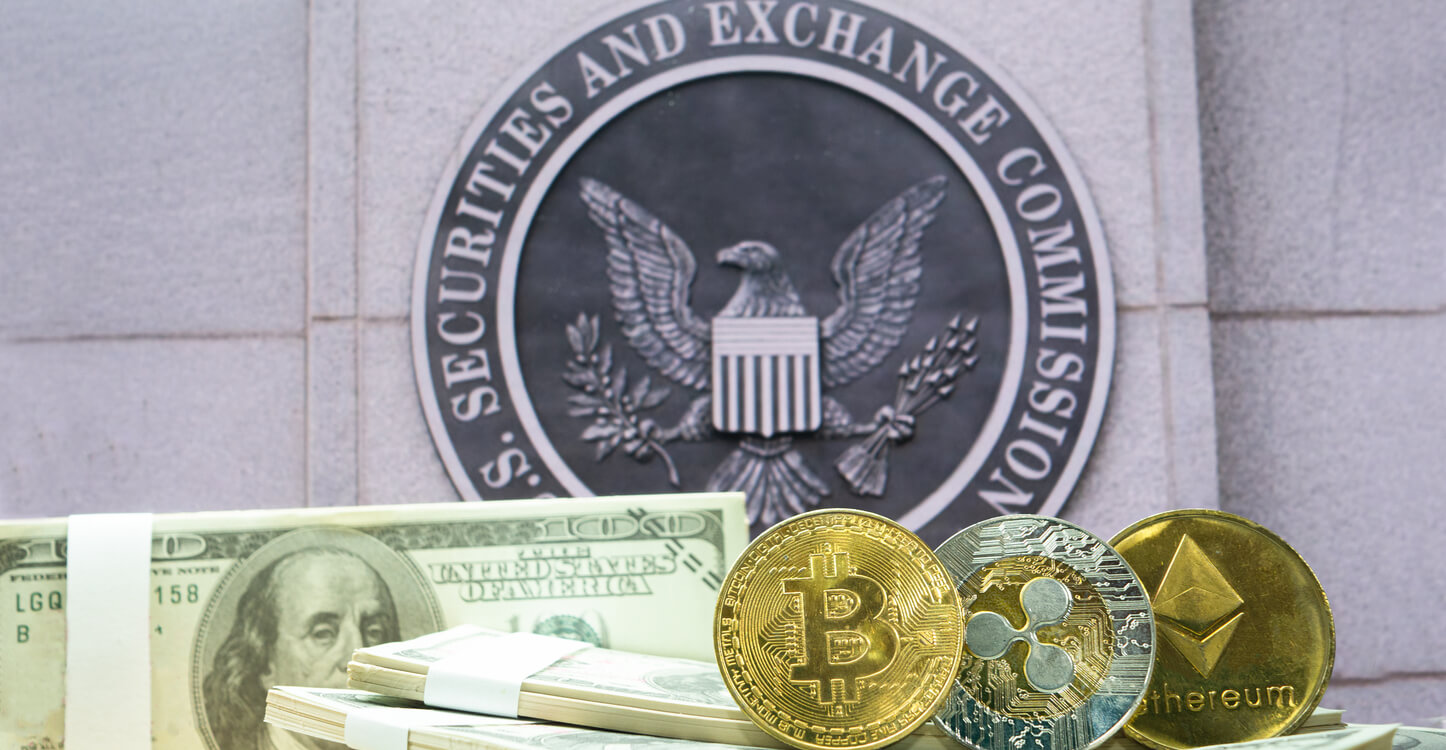
- US SEC Chair Gary Gensler reaffirms Bitcoin isn’t a security under current regulations
- SEC plans new regulations for decentralised finance (DeFi) and trading systems to protect investors
- Crypto firms, including Coinbase, push back against expanding regulatory scope
Gary Gensler, chair of the US Securities and Exchange Commission (SEC), has firmly reiterated that Bitcoin is classified as a non-security under existing SEC regulations.
His comments came during an interview on CNBC’s “Squawk Box.”
Gensler emphasized the importance of regulatory clarity, insisting that while many firms have benefited from the public’s growing interest in cryptocurrencies, they often resist the regulations designed to ensure market integrity.
In the interview, Gensler noted that the SEC’s role is to foster trust in the market, stating, “Innovations do not develop in the long term unless they also build trust.”
He referenced the significant losses and bankruptcies that have occurred in the crypto space, underscoring the necessity of having regulations in place to protect investors.
Despite Gensler’s reaffirmation regarding Bitcoin, he acknowledged the discontent among crypto firms concerning regulatory frameworks. He highlighted that many industry stakeholders argue against the existence of such regulations, which he attributes to their discomfort with the enforcement actions taken by the SEC.
Notably, Gensler’s remarks follow the recent eToro settlement, which confirmed that Bitcoin, along with Bitcoin Cash, and Ethereum, are not considered securities.
SEC’s trading systems proposal
While testifying before the US House Financial Services Committee, Gensler discussed the SEC’s proposal to mandate alternative trading systems.
By doing so, they could choose whether to register as national securities exchanges or to register as broker-dealers and comply with additional requirements under proposed Regulation ATS depending on their activities and trading volume.
This proposal aims to close regulatory gaps among trading platforms, ensuring compliance with rules intended to prevent unfair trading practices.
However, the proposed regulations have met significant push-back from digital-asset firms, including Coinbase, who argue that the definition of an exchange could inadvertently include DeFi platforms, complicating their compliance.
As the SEC continues to navigate the complex landscape of cryptocurrency regulation, Gensler reiterated the agency’s commitment to fostering a transparent market.
With no timeline set for final decisions on the trading systems proposal, the SEC remains open to considering applications from exchanges seeking to offer central clearing for the US Treasury market, which is projected to expand significantly under new rules.

